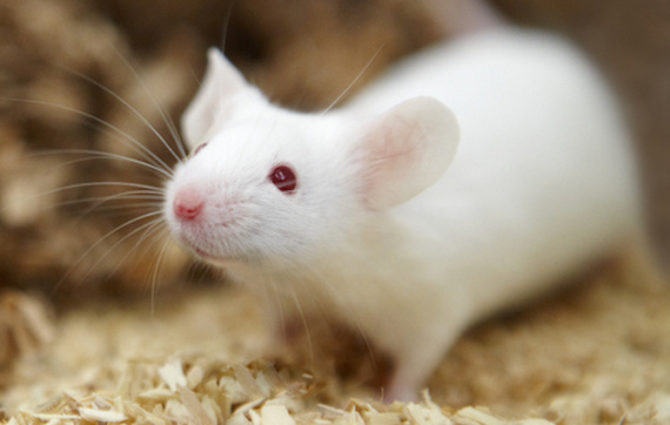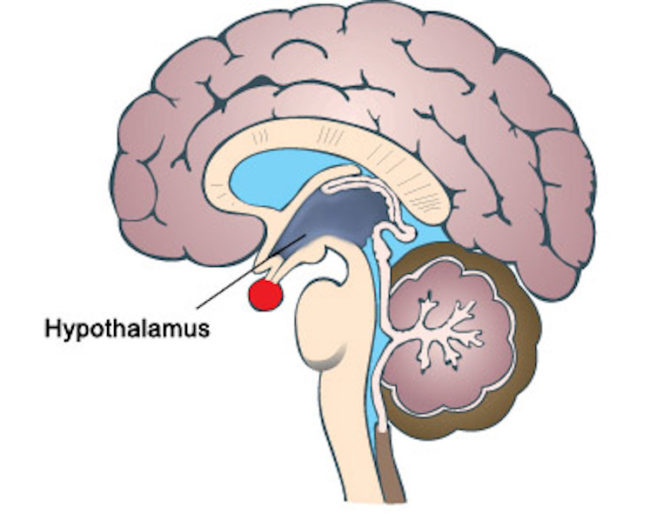Sometimes we just can’t stop eating even though our stomachs seem to have expanded to full capacity. Sometimes we break open a bag of chips even though we just ate a filling meal an hour ago. This is usually due to what we call an appetite.

Gif courtesy of giphy.com
While we should be thankful for an appetite when we’re hungry, it becomes a bane in our lives when it starts popping up when we don’t need it. Without an appetite, we wouldn’t be able to savor all the delicious foods the world has to offer and we wouldn’t feel the need to discover and taste new foods. Unfortunately, we also seem to have an appetite during times when we don’t need to eat. This lead to excess calorie intake and lead to loss of portion control.

Gif courtesy of giphy.com
Luckily, researchers at Johns Hopkins University recently found that there may be a switch that can turn on or off our appetites. This particular switch is found in OGT gene and is stimulated by glucose levels in the blood. The research was conducted by studying mice using a mechanism called gene knockout.

Photo courtesy of conscienhealth.org
The OGT gene has several functions in the body including regulating insulin and glucose levels. Pertinent to this topic, this gene has a specific role of adding a molecule derived from glucose, the N-acetylglucosamine molecule, to proteins which alters the protein’s function. For the study, a knock-out mechanism was used to delete the OGT gene in a group of neurons in the hypothalamus, a brain region in charge of regulating many bodily processes.

Photo courtesy of pmgbiology.com
Researchers found that without the OGT gene, the mice could no longer control how much they ate which led to rapid increase in fat. To study the exact function of the OGT gene, the mice were given less food to eat and showed no weight gain. This concluded that the OGT gene was involved in controlling satiety, the feeling of being full after eating.

Gif courtesy of Johns Hopkins Medicine
This research is just the beginning of studies with the OGT gene and appetite control and further developments could prove to be very useful in the future. New drugs could be created to target these genes to control our appetites. This could prevent people from overeating, and ultimately reduce the soaring rates of obesity. There’s still new information to be discovered and a long way to go until testing can be done in humans, but all looks hopeful.




